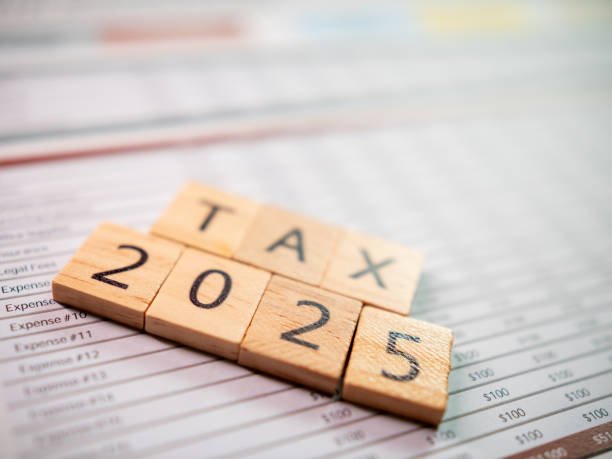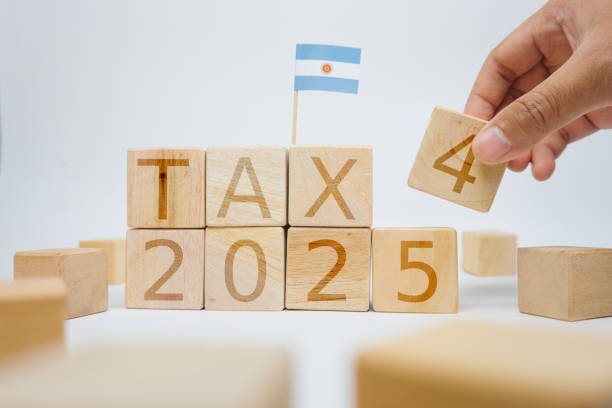As a self-employed individual, a freelancer, or a small business owner, managing your own taxes can feel like navigating a complex maze. The freedom of being your own boss is fantastic, but the responsibility of handling your own tax situation—including self-employment tax—can be daunting. That’s why being proactive with your tax strategies for self-employed workers is not just smart, it’s essential.
With the 2025 tax season in full swing, understanding key freelancer tax tips and leveraging available self-employed tax deductions can make a significant difference to your bottom line. Proper planning and a clear strategy can turn a stressful tax season into a rewarding financial opportunity. Let’s dive into seven actionable strategies to help you optimize your taxes and keep more of your hard-earned money.

1. Master Your Estimated Tax Payment
One of the most important tax strategies for self-employed workers is making quarterly estimated tax payments. Unlike traditional employees who have taxes automatically withheld from their paychecks, you’re responsible for paying your income and self-employment taxes (Social Security and Medicare) throughout the year.
- How it Works: The IRS requires you to pay estimated taxes on your business income four times a year. The 2025 due dates are April 15, June 16, September 15, and January 15, 2026. Failing to pay or underpaying can result in penalties.
- Practical Tip: To make this process easier, you should calculate your expected tax liability and set aside a percentage of every payment you receive. A good rule of thumb is to save around 25-30% of your income for taxes, though this can vary depending on your income level and location. This ensures you have the funds ready when each payment is due.
2. Take Advantage of the Home Office Deduction
For many freelancers and small business owners, their home is their office. The home office deduction is one of the most valuable self-employed tax deductions you can claim, but it’s crucial to follow the rules

3. Deduct All “Ordinary and Necessary” Business Expense
To reduce your taxable income, it’s vital to track and deduct every legitimate business expense. The IRS defines a deductible business expense as one that is “ordinary and necessary” for your trade or business. This is a key component of effective small business taxes.
- Common Deductions:
- Health Insurance Premiums: You can deduct 100% of the premiums you pay for health, dental, and qualified long-term care insurance for yourself, your spouse, and your dependents.
- Startup Costs: If you’re a new business, you can deduct up to $5,000 in startup costs and up to $5,000 in organizational costs.
- Business Equipment and Supplies: This includes everything from a new laptop or software subscriptions to pens, paper, and ink.
- Marketing and Advertising: Website hosting fees, business cards, social media ads, and other promotional expenses are fully deductible.
- Professional Services: Don’t forget to write off fees for accountants, lawyers, and other professionals who help you with your business.
- Recordkeeping is Key: You must keep detailed records, including receipts, invoices, and a clear explanation of how each expense is related to your business.
4. Maximize Your Retirement Contributions
Saving for retirement is not only a good financial habit but also a powerful tax-saving tool. For self-employed workers, several retirement plans offer significant tax advantages.
- SEP-IRA (Simplified Employee Pension): This is a popular and easy-to-set-up plan for freelancers and small business owners. You can contribute up to 25% of your net earnings from self-employment, with a maximum contribution of $69,000 for 2024 (this limit is subject to change for 2025). Contributions are tax-deductible.
- Solo 401(k): If you’re a sole proprietor with no employees (other than a spouse), a Solo 401(k) can be an excellent choice. It allows you to make both an “elective deferral” contribution (up to $23,000 for 2024) and a profit-sharing contribution (up to 25% of your compensation), providing a higher overall savings potential.
- Traditional IRA: While the contribution limits are lower, a traditional IRA is another option. Contributions may be tax-deductible depending on your income.
5. Account for Your Car and Travel Expenses
If you use your vehicle for business, you can claim a deduction. The IRS provides two methods to calculate this expense:
- Standard Mileage Rate: This is the simplest method. For 2025, you can deduct a set amount for every mile you drive for business purposes. The 2025 rate is 70 cents per mile.
- Actual Expense Method: This method involves tracking all vehicle-related expenses, including gas, oil, repairs, insurance, and vehicle depreciation. You then deduct the business percentage of these total costs. This requires meticulous recordkeeping, but it may lead to a higher deduction if you have a gas-guzzling or expensive car.
- Travel Expenses: When you travel for business, you can deduct the costs of airfare, lodging, and 50% of your business-related meals.

6. Pay Yourself a Reasonable Salary (If Applicable)
If you’re a self-employed individual operating as a sole proprietor or a single-member LLC, you don’t pay yourself a salary. All your business income is subject to self-employment tax. However, if you’ve elected to be taxed as an S corporation, a savvy tax strategy for self-employed workers is paying yourself a “reasonable salary.”
- How it Works: As an S corp, you pay yourself a salary from which you withhold income taxes, Social Security, and Medicare. The remaining profit can be distributed to you as a dividend, which is not subject to self-employment tax.
- The Catch: Your salary must be “reasonable.” If the IRS deems it too low, they may reclassify some of your dividend distributions as wages, subjecting them to self-employment tax. This is an advanced strategy and is best discussed with a tax professional.
7. Stay Organized All Year Round
The best tax filing tips and strategies in the world are useless without solid organization. The key to a smooth tax season is a consistent and disciplined approach to recordkeeping.
- Separate Finances: Open a dedicated business checking account and credit card to keep your personal and business finances separate. This makes tracking income and expenses infinitely easier.
- Use Accounting Software: Tools like QuickBooks Self-Employed or FreshBooks can automate much of the process, tracking income, categorizing expenses, and even estimating your quarterly taxes.
- Keep Digital Records: Take photos of your receipts and store them digitally in a cloud-based service. This not only prevents loss but also makes it easy to find a specific expense come tax time.
For many self-employed individuals, a crucial part of executing effective tax strategies for self-employed workers is having a dedicated system for record-keeping. To make this process seamless, consider using a portable document scanner, such as the Brother DS-640 Compact Mobile Document Scanner, which is a highly-rated product available on Amazon. This type of device allows you to digitize receipts, invoices, and other important documents on the go, ensuring you never lose a potential self-employed tax deduction. Placing a sentence or two about a product like this is most effective within the “Stay Organized All Year Round” section of the article, as it provides a practical, actionable tool that directly supports the advice given in that section. It bridges the gap between a theoretical tip and a concrete solution, making the article even more useful for the reader.
Conclusion: Take Control of Your Taxes in 2025
The world of small business taxes can be complex, but by implementing these tax strategies for self-employed workers, you can gain confidence and control. Don’t wait until April to think about your taxes. Start now by tracking your income and expenses, planning your estimated payments, and exploring these valuable self-employed tax deductions.

By being proactive, you not only ensure compliance with the IRS but also position yourself to save a significant amount of money. Ready to tackle your 2025 taxes head-on? Start a new record-keeping habit today and make this tax season your most profitable one yet.
Ready to take control of your financial future? Dive into these 10 best personal finance books and start building the wealth and mindset you deserve today
